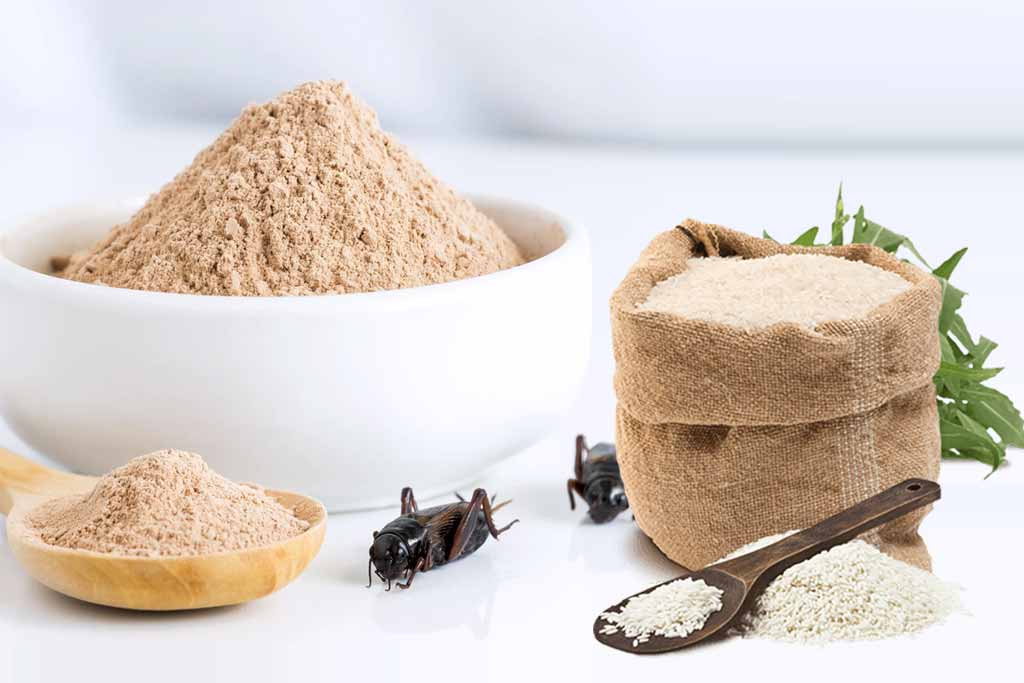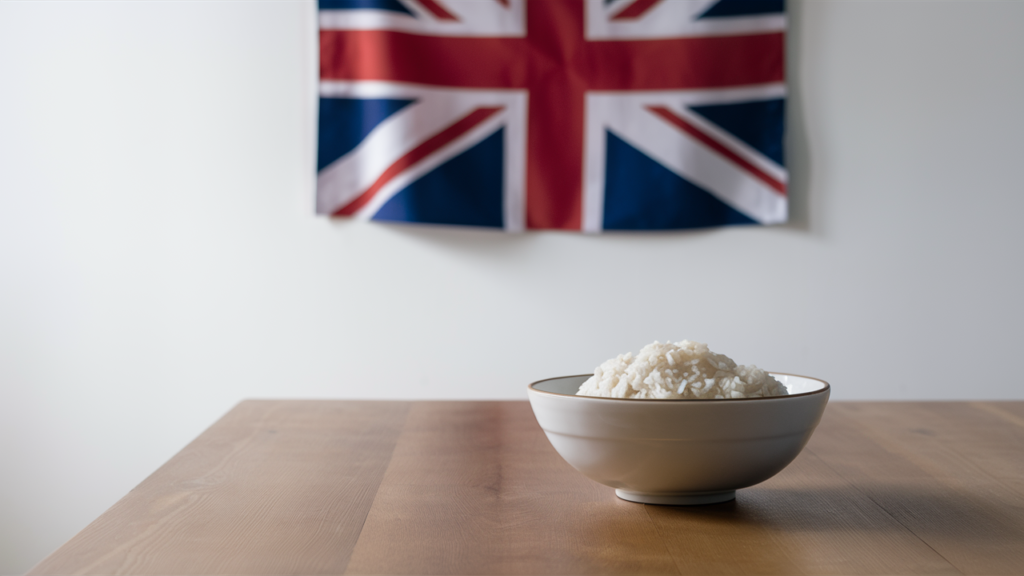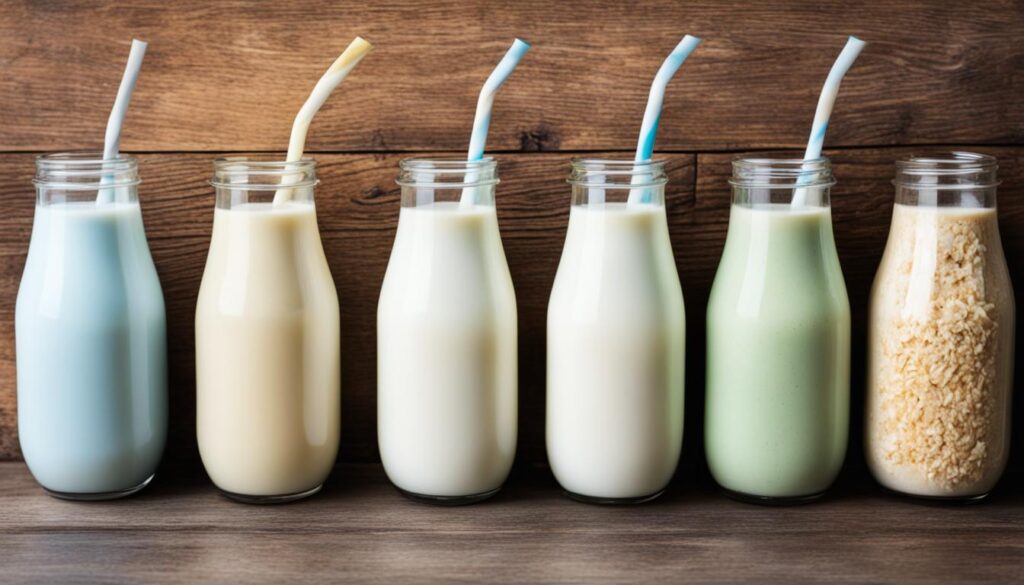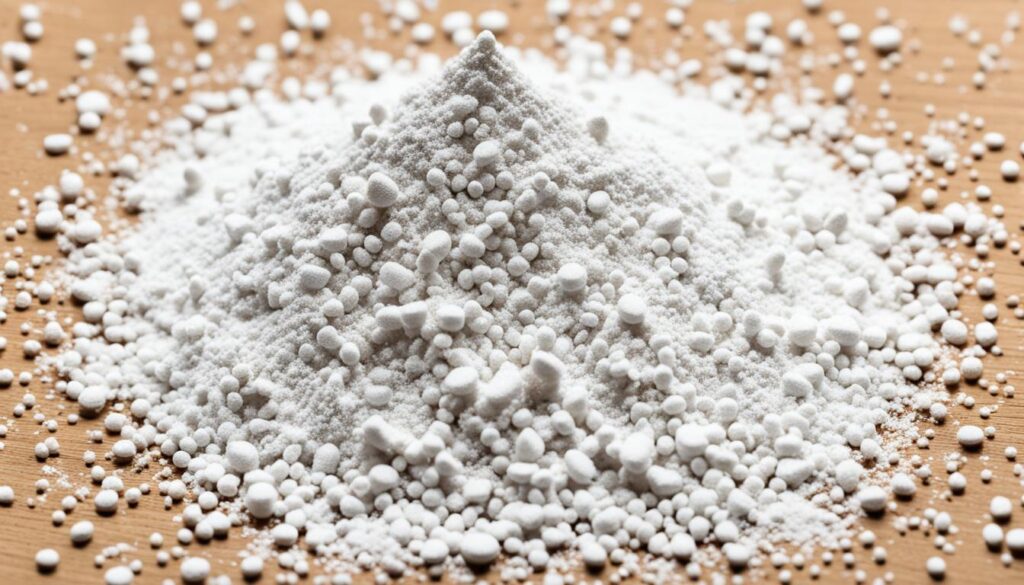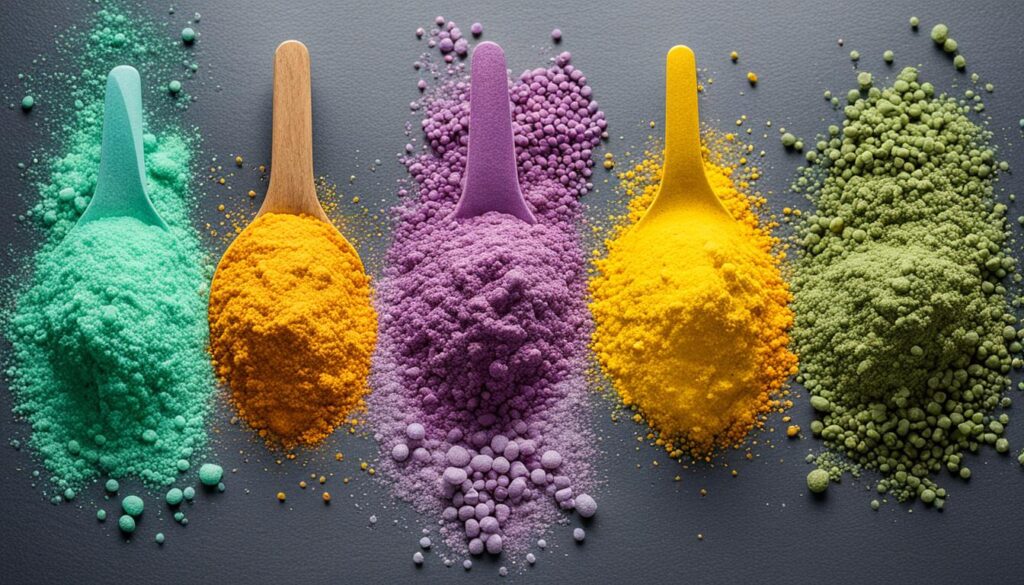Introduction:
Protein acts as an important building block in the formation of an animal’s tissues. The majority of the animals need protein and nutrition for their organs, tissues, and building blocks.
Interesting facts about proteins in animal feed:
- – Currently, 35% of crop production is allocated to animal feed and 65% for human food worldwide. This ratio changes significantly for developed countries, where it favors the production of animal feeds at a ratio nearer 60:40, due to greater demand for livestock products.
- – Animals are dependent on the plants for the major portion of the protein in their diet.
- – The diet of ruminant animals is not specific in their protein requirements in a comparison with small stomach animals.
What is Plant Protein?
Proteins that grow out of the ground or extracted from the sources of plants only are known as plant proteins, it includes all fruits, vegetables, grains, legumes, nuts, rice, seeds, and any food product produced from these ingredients.
Benefits of rice protein:
- 1- Rice protein promotes animal growth and helps to prevent diseases in them.
- 2- It has a high amount of sulfur-containing amino acids, cysteine, and methionine.
- 3- It also contains plenty of leucine in its own right, at 80 mg/g.
- 4- Rice protein meals can improve feed energy, reduce feed cost, and promote livestock’s growth.
- 5- It is allergen-free and easy to digest.
Role of Rice protein in animal’s feed:
Rice protein has the function of promoting disease resistance to livestock and poultry especially. Furthermore, rice protein has a good food-feeding effect on livestock and poultry’s growth and development. It is an indispensable product in the feed industry.
Insect protein in animal feed:
Insects are invertebrates with an exoskeleton, insects have a three- part segmented body, and three pairs of jointed legs such as flies or beetles. In general, insects consist of approximately 40 to 60 % protein and up to 36 % fat.
Insects are naturally eaten by cattle, pigs, poultry, and fish as part of their species-appropriate diet.
Conclusion:
Plant protein are linked with many health benefits for human and animals as well, Sources of plant protein are generally cheaper as compared with the animal protein sources.



